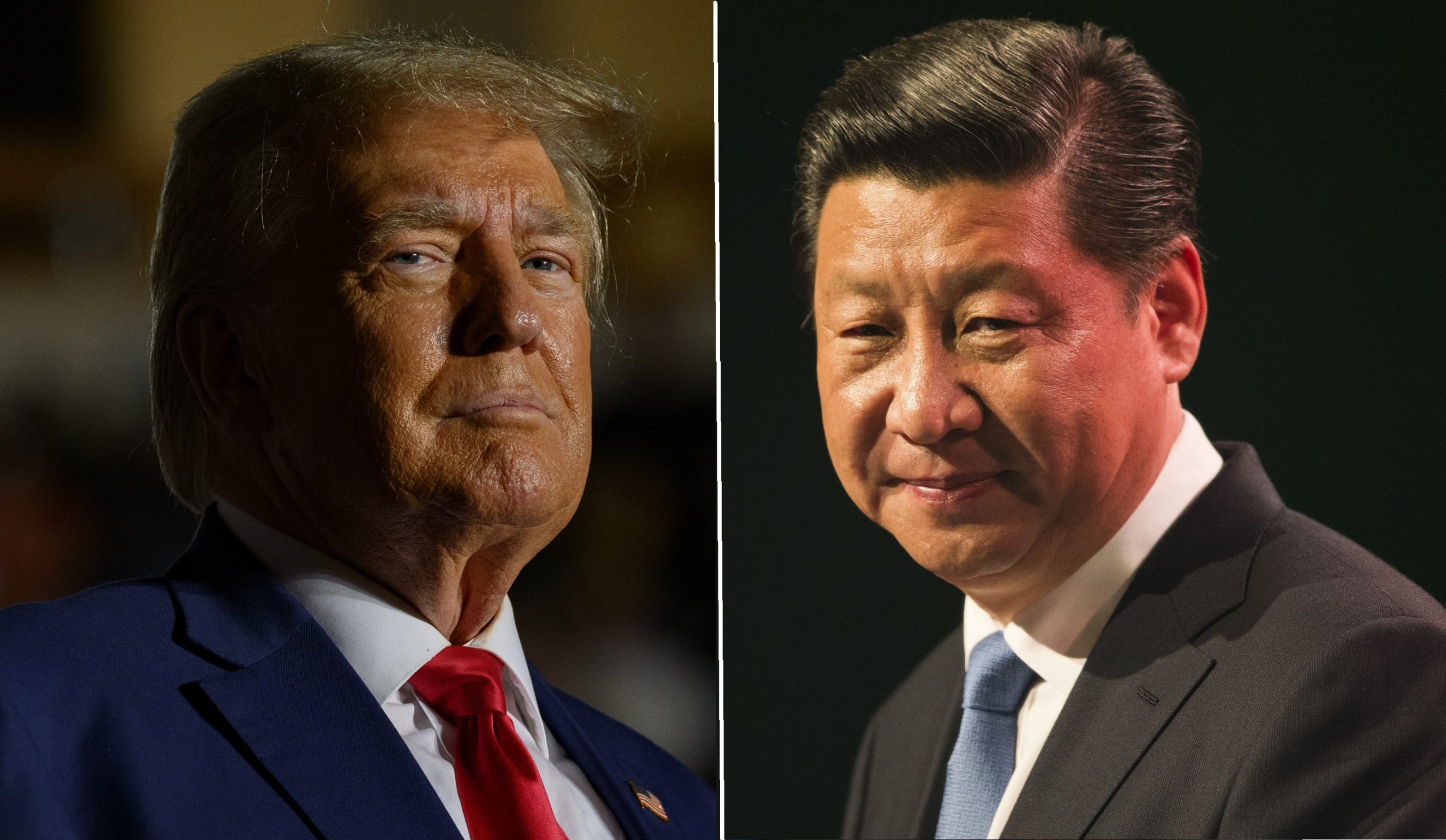China on Monday pushed back against US President Donald Trump’s latest tariff threats, stating that the BRICS grouping is not aiming for confrontation and that trade wars benefit no one. The response came after Trump warned of imposing a 10% tariff on countries aligning with BRICS’ so-called “anti-American” policies following the bloc’s joint criticism of recent US-Israel military actions in Iran.
Chinese foreign ministry spokesperson Mao Ning emphasized that using tariffs as political weapons is counterproductive. “The use of tariffs serves no one,” she said during a routine press briefing, adding that China has always maintained that protectionism undermines global trade.
Trump’s warning comes in the wake of the 2025 BRICS Summit in Brazil, where the expanded 10-member group — comprising Brazil, China, Egypt, Ethiopia, India, Indonesia, Iran, Russia, South Africa, and the UAE — condemned US-Israeli strikes on Iranian nuclear and military sites. The group described the attacks as “illegal” and called for adherence to international law.
Although the BRICS joint declaration did not mention the United States by name, it criticized the indiscriminate use of tariffs and warned that such actions risk disrupting global supply chains. This appeared to trigger Trump’s retaliatory stance, as he accused the bloc of undermining American interests.
In addition to the Iran issue, BRICS members also raised concerns over the ongoing Gaza conflict and condemned the recent terror attack in Pahalgam, Jammu and Kashmir. The declaration called for action against cross-border terrorism and illicit financing.
Trump later confirmed that tariff letters for 12 countries have been prepared and are “signed and ready,” with plans to issue them at noon EST on Monday. This move follows an earlier announcement in April of a sweeping hike in tariffs across the board, which faced global backlash and led to a temporary 90-day pause — now extended to July 9.
As global tensions mount, China’s response signals a preference for diplomatic resolution, even as geopolitical divisions deepen over trade, conflict, and strategic alignment.













